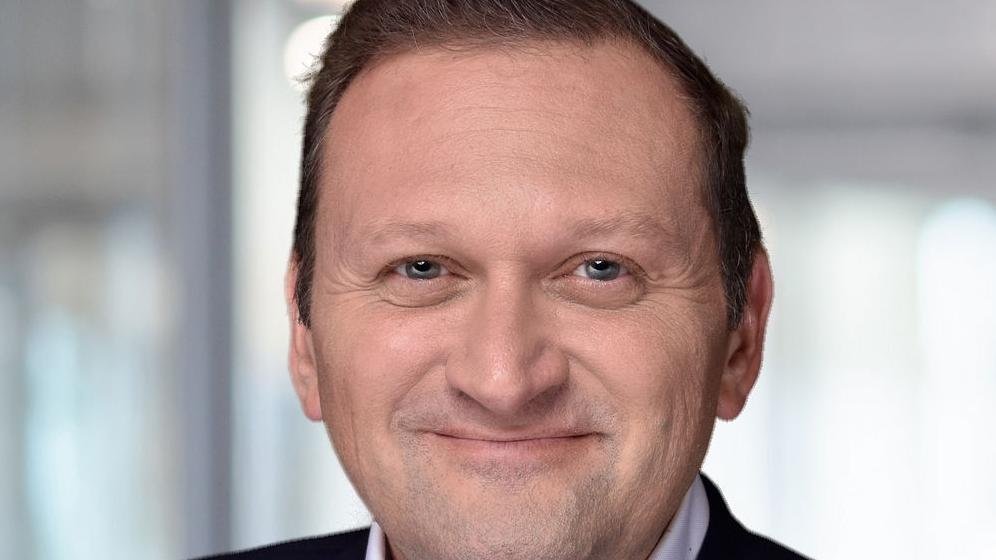Cyber Element in the Russia-Ukraine War & its Global Implications
The recent Taiwan visit by US Congresswoman Nancy Pelosi brought the increasing cyber threats to national security to light again. According to Taipei Times, systems like electronic bulletin boards at railway stations and convenience stores were hacked, and government websites were attacked and brought down, even before Pelosi arrived on the island nation.
It was reported that television screens behind cashiers in some of the 7-Eleven convenience stores—a US-based multinational retail company—were compromised to display statements like “Warmonger Pelosi, get out of Taiwan!”. In another instance, an electronic board at the Sinzuoying railway station showed a message in simplified Chinese which translated into “The visit of the old witch to Taiwan is a serious challenge to the core of the country. Those who actively welcome it will eventually be judged by people, the blood ties of the same race will continue to be separated, great China will eventually be unified”.
Audrey Tang, Taiwan’s digital minister, highlighted that before and after the visit, Taiwan observed 23 times higher cyberattacks than the previous daily record. However, without directly blaming any state or non-state actor for the attacks, Taipei underlined that the attacks originated from addresses in China and Russia.
At the recently concluded DEFCON—a US-based annual hacker convention—the White House National Cyber Director, Chris Inglis, remarked that “the way forward for cybersecurity is defence, defined roles and responsibilities, and investing in resilience and robustness”. He stressed the ‘three-wave of attacks’ observed in recent years. The three waves focus on –
- Holding data and systems at risk
- Keeping the data and systems at risk but abstracting it into holding critical functions at risk
- Attack on confidence
He asserted that while there is a lack of imagination and anticipation of future attacks, there is also a need for clarity on roles and responsibilities, strengthening supply chains, and focus on collective defence. According to him, “the attackers seek to defeat one, and in the process, they are able to defeat all.”
From this perspective,…


